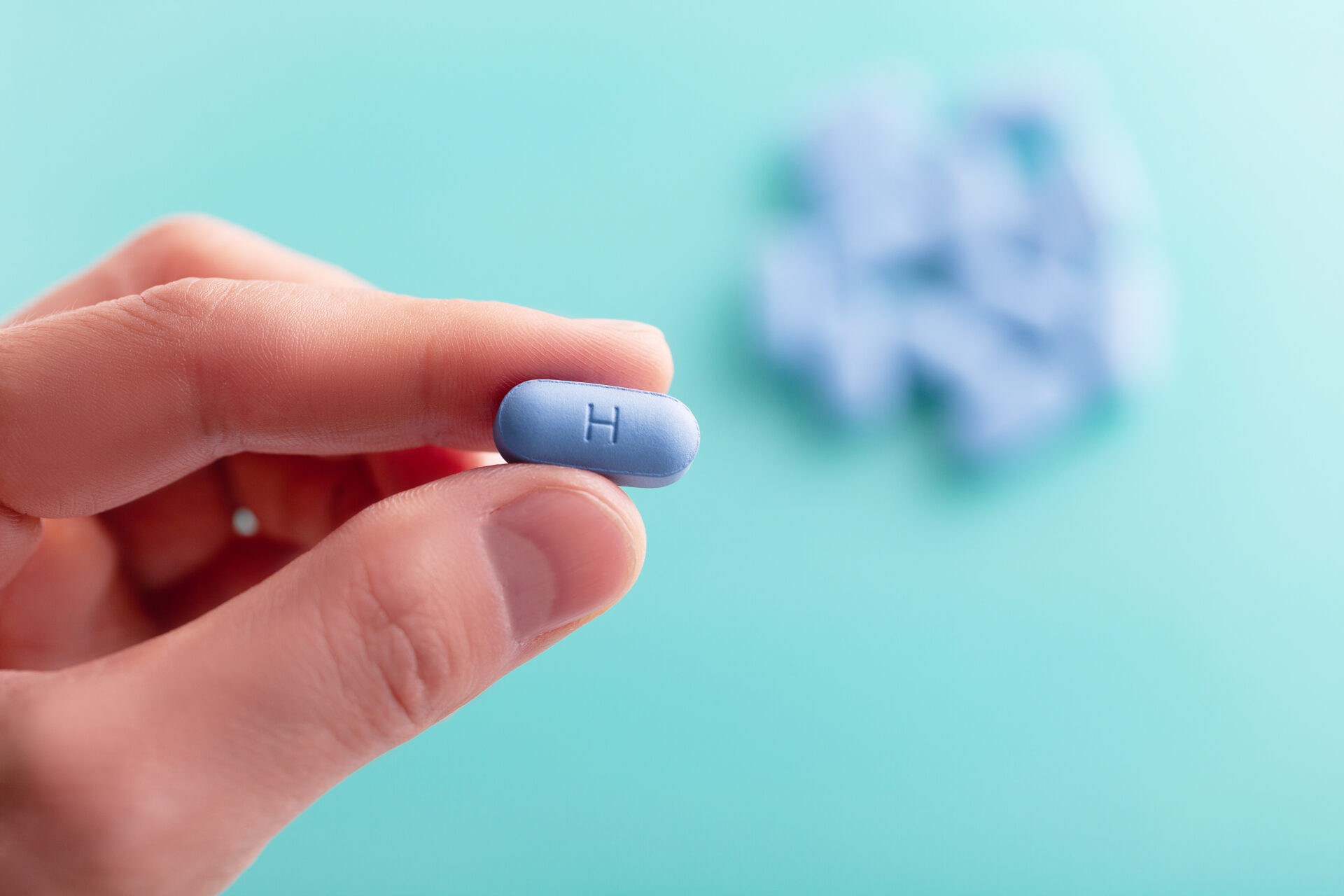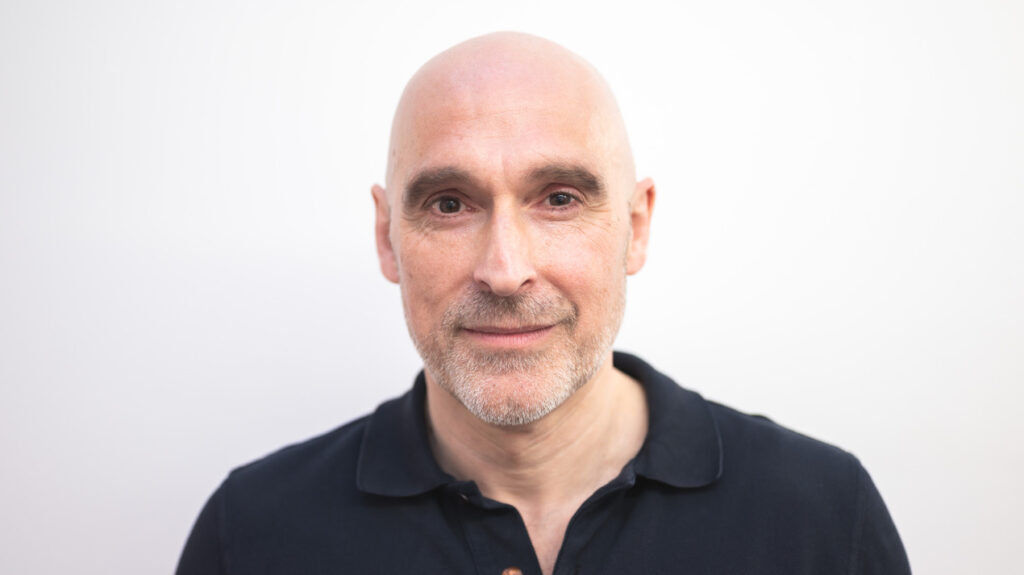Think twice before stopping PrEP, says Europe’s largest sexual health clinic
Dr Alan McOwan a consultant at sexual health clinic 56 Dean Street, writes for Attitude about PrEP

In the last few years there have been a big drop in the number of new HIV diagnoses. If this trend continues, new cases of HIV will be rare by 2030. However the falls haven’t been seen everywhere. Between 2020 and 2021 diagnoses rose outside of London in younger age groups.
Figures from the UK Health Security Agency (UKHSA) show that the youngest age groups are also less likely to be taking pre-exposure prophylaxis (PrEP), while an estimated 26,736 are at significant risk of contracting HIV and could benefit from taking the treatment.
PrEP is one of the main reasons that rates have fallen, but the recent focus on monkeypox has threatened this progress by diverting attention and resources. A survey conducted by the British Association of Sexual Health and HIV (BASHH) revealed that over 42% of UK sexual health clinics said that monkeypox had reduced access to PrEP at their service. That’s why PrEP Awareness Weekwas so important to help get things back on track.

We’ve seen a change in the pattern of those testing HIV positive at 56 Dean Street. There are two scenarios we see repeatedly. Often they’re people new to the scene and they catch HIV before they hear about PrEP or go to a clinic. The second group are existing PrEP users, who’ve either run out of meds or think that they’re no longer at risk, even though they’re still having sex.
As we look forward to 2023, now is great time to take action. People with HIV on effective treatment cannot pass it to others. So we’re asking everyone else to test for HIV and those who are likely to have condomless anal sex to consider PrEP. It’s the best weapon we have against HIV, and it is the key to achieving zero HIV transmission.
While monkeypox has understandably dominated news headlines of late, its impact on those who should be accessing PrEP has been all too real. As services return to normal this year, we want to encourage all those at risk to find their nearest sexual health clinic and get on PrEP by visiting our website at getonprep.co.uk.
How PrEP works
PrEP is free on the NHS. It involves taking pills that contain the drugs tenofovir and emtricitabine. Most people get no side effects. The treatment should be started before sex. The fastest way to get protection is to take two pills at least 2 hours before anal sex. Then continue one pill a day until you have taken at least two daily doses after the last condomless anal sex. Then it’s safe to stop. If you don’t have 2 hours, it’s still best to start the PrEP and call a sexual health clinic afterwards for advice.
It’s important to get HIV, Hepatitis B and kidney blood tests before starting. The clinic will sort those out when you get your meds. If you’re having condomless sex, it’s also recommended to test for sexually transmitted infections every three months.
According to writer, speaker and LGBTQ campaigner, Alexis Caught, who is supporting our campaign, “PrEP is a life-changing treatment for me and my generation. It provides us with peace of mind, giving us a new level of agency in our sex lives and helping to reduce risk, pushes against stigma, and allows us to engage more positively with our sex lives.”
RuPaul’s Drag Race UK’s Bimini Bon Boulash also told me that, “In 2022 everyone was rightly focused on monkeypox, but HIV prevention is still of importance and there’s a free, simple way to protect yourself. Together, the more at-risk people that we can get onto PrEP, the better.”
PrEP Awareness Week’s website getonprep.co.uk provides more details about PrEP and where to get it throughout the UK.
Dr Alan McOwan is a consultant at sexual health clinic 56 Dean Street, part of Chelsea and Westminster Hospital NHS Foundation Trust. 56 Dean Street is the clinic behind PrEP Awareness Week, an annual campaign to spread the message that Pre-Exposure Prophylaxis (PrEP) prevents HIV transmission.
